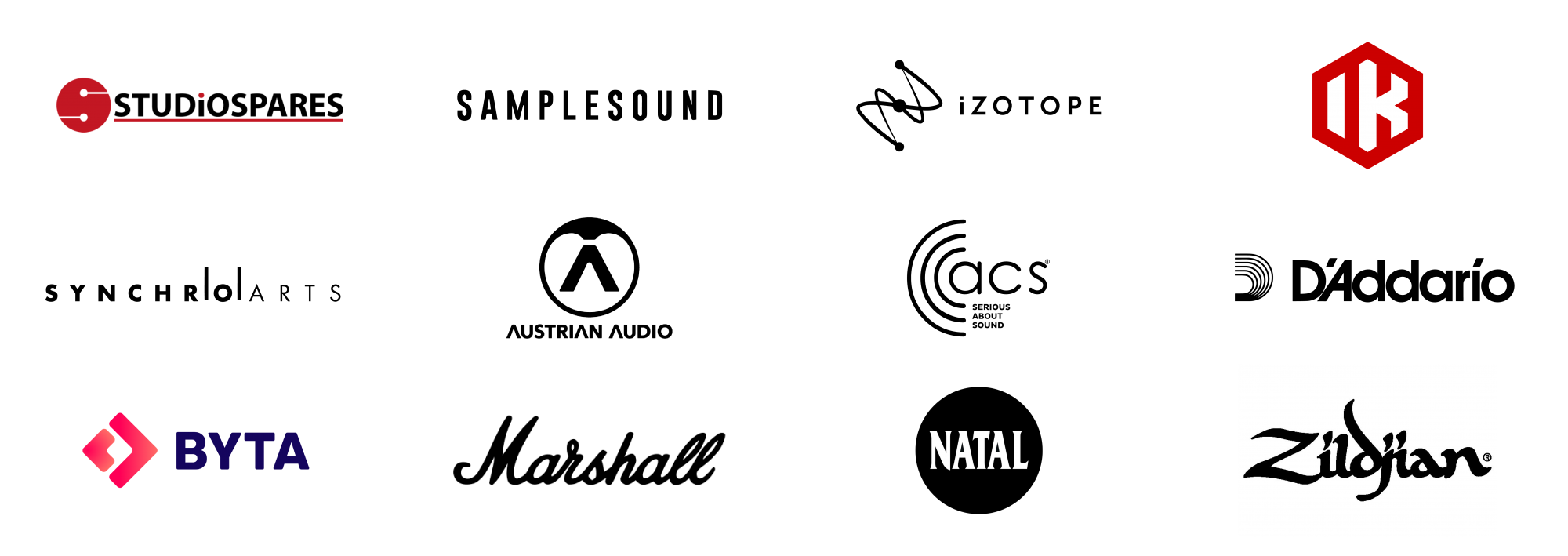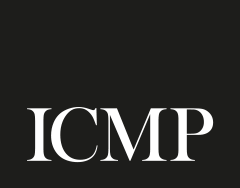Locations
London
UCAS code
Start date
15th September 2025
Course length
1 Year (2 years Part-time)
COURSE OVERVIEW
The music industry has seen a rise in demand for talented and qualified vocalists at a time when the power of vocals to lift spirits and change lives has never been more important.
This highly personalised vocal-specific masters course will see you elevate your vocal creativity and already advanced performance skills in a supportive and nurturing environment.
Whether you’re currently working in the music industry as a musician, vocalist or singing teacher or looking to change careers, this inspiring programme will take your vocal talents to the next level.
With the ability to study the masters as either a one-year full-time or two-year part-time course, this flexible and tailored programme will see you advance your vocal technical ability – studying topics including Alexander technique, Fitzmaurice Voicework and Breathing Coordination – while deepening your performance skills, academic research and critical reasoning capabilities.
As an MMus Vocals student, you’ll be expected to engage in independent self-directed study but with support and guidance from ICMP’s highly experienced professional teaching faculty. During your studies, you’ll be encouraged to focus on your individual learning requirements, while accessing essential resources, and designing and implementing a plan to achieve your goals.
All MMus Vocals masters students complete a substantial practice-as-research vocal performance project, which leads to the creation of a significant body of vocal recital work. With supervision and support from an ICMP Vocals tutor, you can decide upon the form your project will take – whether a live or live-streamed vocal performance, video-recorded voice recital, written dissertation or more.
In addition to four advanced-level core units, you’ll select one of multiple optional modules to study, which span the use of music in health and wellbeing, an investigation of a performance tradition, or study of vocal pedagogy for prospective singing teachers.
This course will see you regularly collaborating with our wider MMus cohort – all extremely high-calibre instrumentalists, vocalists and performers. You’ll explore your musical management and leadership skills as you perform the role of ensemble musical director, leading to a performance of challenging existing and original repertoire. You’ll also benefit from an ongoing schedule of special guest musicians, vocalists and lecturers from the wider creative industries who’ll discuss their different approaches and philosophies with you.
This course is sponsored by our industry partners:

Alongside generously sponsoring courses, rooms and providing equipment, our industry partners also offer ICMP students access to exclusive discounts, events and opportunities.
As an MMus Vocals student, music technology and digital diversity will be a central focus of your learning and you’ll have direct access to ICMP’s world-class facilities. Filled with industry-standard software, hardware and instruments – including multiple recording studios, dedicated performance spaces and high-tech Mac labs – you can book all of these free of charge outside of class time, seven days a week.
The MMus in Popular Music Performance (Vocals) postgraduate course will take you on a journey as a vocalist and a musician. You’ll graduate with the skills, motivation and self-reliance to create and sustain a successful portfolio career as a talented vocalist, music professional or educator.
Financial Support
Student support for postgraduate music masters courses is available to students studying at ICMP.
Eligible students on designated masters courses at ICMP will be able to access the postgraduate masters loan in the same way, and at the same value, as they could at a publicly funded provider. Eligible students will be able to borrow up to £12,167. If you opt to study part-time, your loan would be split into two instalments over the two years.
Course Fees | Programme Specification | Programme Handbook
Click to view the full terms and conditions of applying to study at ICMP.

Successful completion of the MMus in Popular Music Performance (Vocals) course leads to the award of a Masters Degree by The Institute of Contemporary Music Performance.
Experience ICMP with our
Postgraduate Open Days
Featuring information about this course, the many benefits of studying here as a postgraduate student and take a virtual tour of our facilities.
Key facts
- An advanced specialist vocals programme equipping you with the skills and knowledge for a successful career as a vocalist.
- Develop your creativity and confidence as a performer and academic with rigorous scholarship, as you enhance your technical vocal ability and music literacy.
- Engage in bespoke one-to-one vocal lessons with an expert ICMP singing tutor.
- Explore vocal methods including Alexander technique, Fitzmaurice Voicework and Breathing Coordination.
- Perform as a vocalist at London venues and connect with the global music industry to build an impressive musical network.
- Discover your management and leadership potential as a vocal ensemble musical director.
- Undertake personalised vocal assessment projects that suit your talents, career aspirations and areas of interest.
- Study as a one-year full-time or two-year part-time programme (UK students only).
- Work alongside highly talented instrumentalists and vocalists also studying on the MMus programme.
- Apply Now


